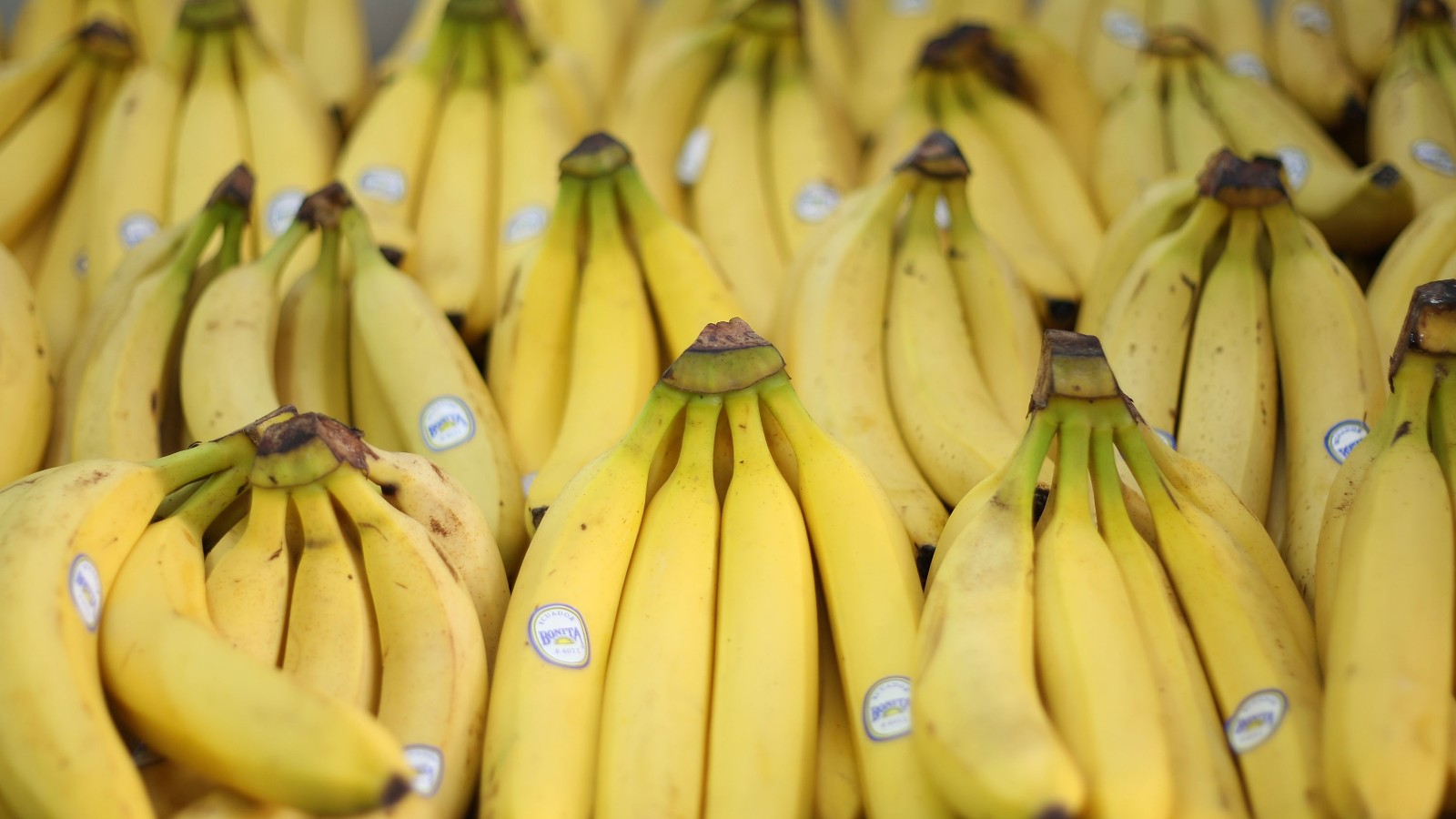D
Deleted member 50521
Guest

Unlock the Power of the Human Genome
Discover the ways that genomics is revolutionizing medicine and enhancing everyday life with standards-aligned DNA Decoded resources from the Illumina Foundation and Discovery Education.
Just came across this website that is surprisingly good at educating about genomic coding to high school kids.
If you have a young one these are great skills you can get them to pick up.






